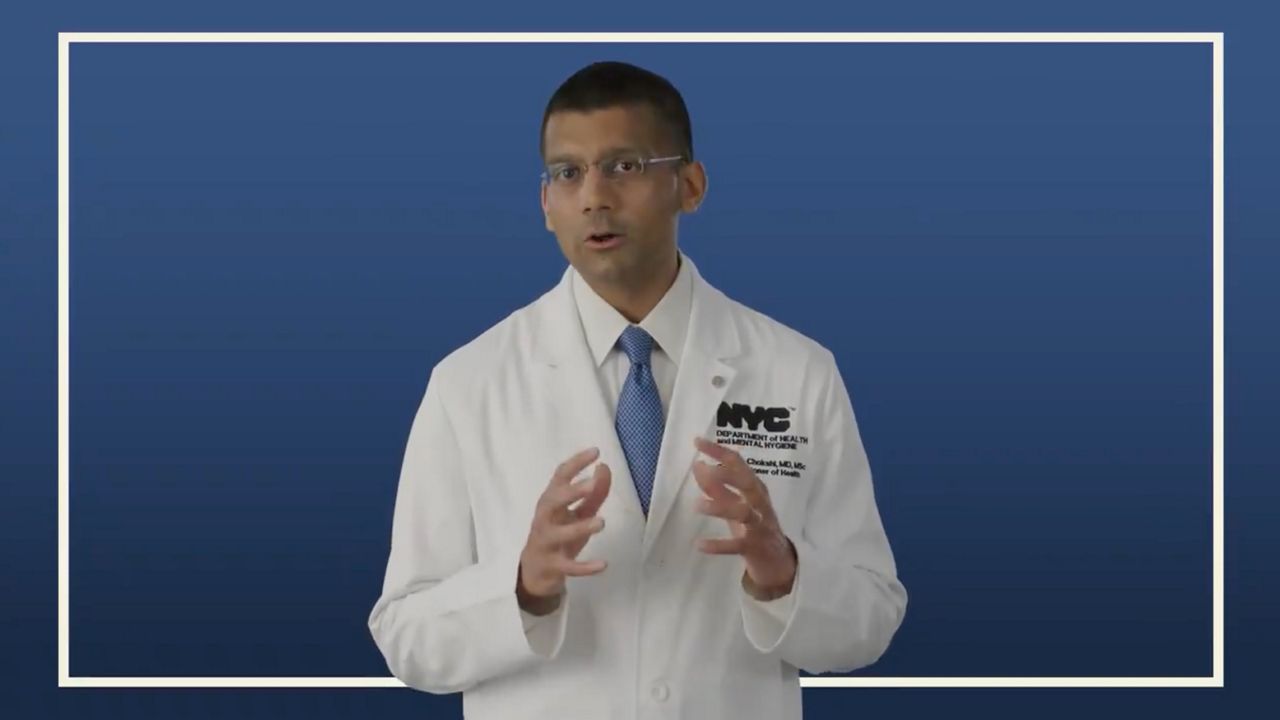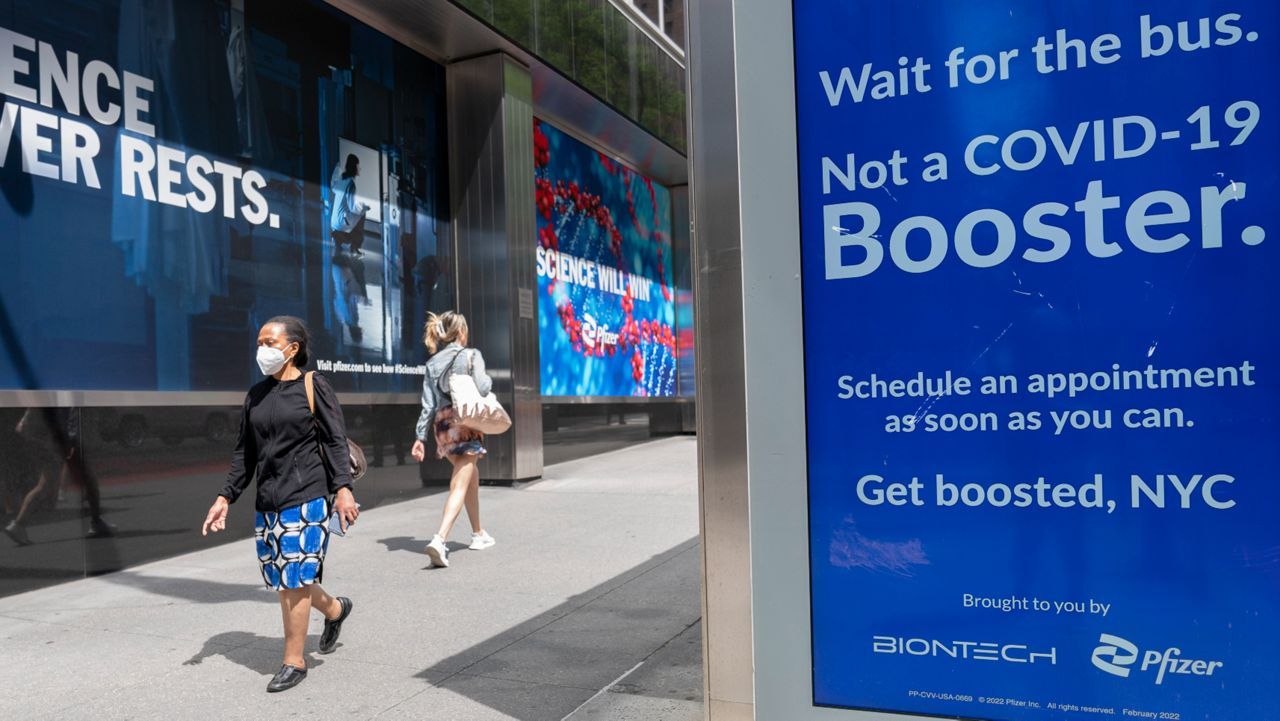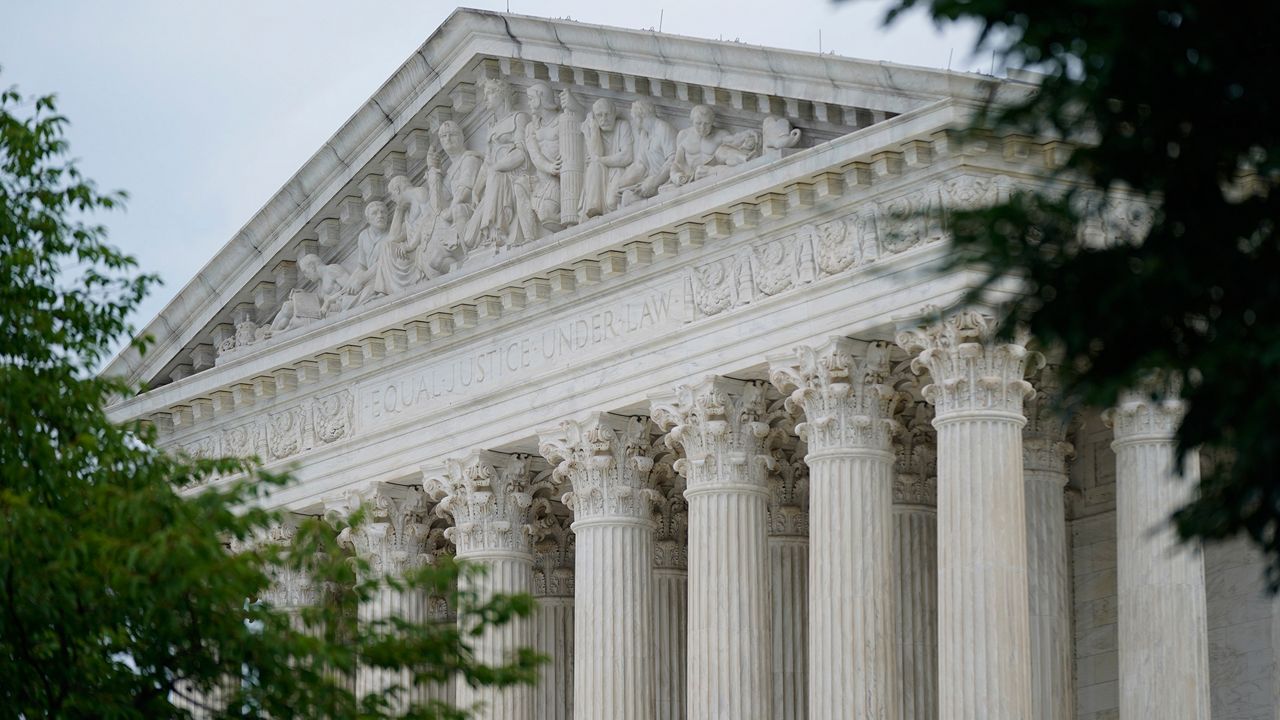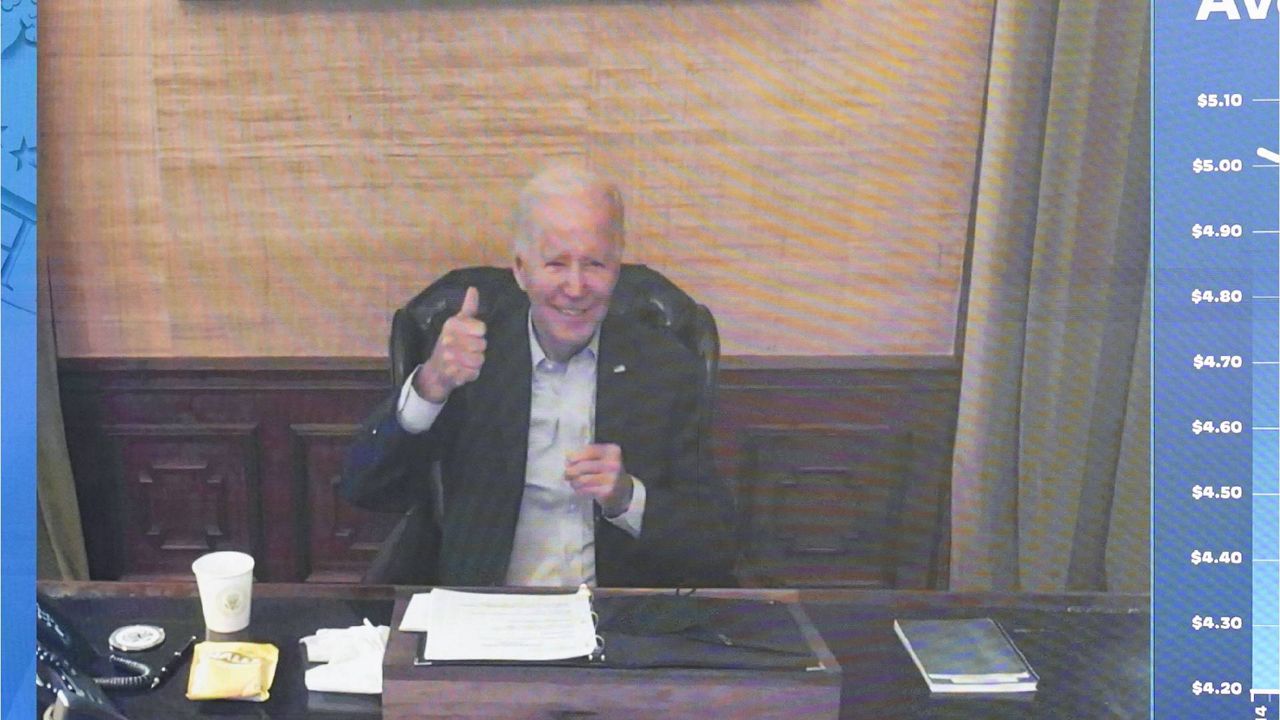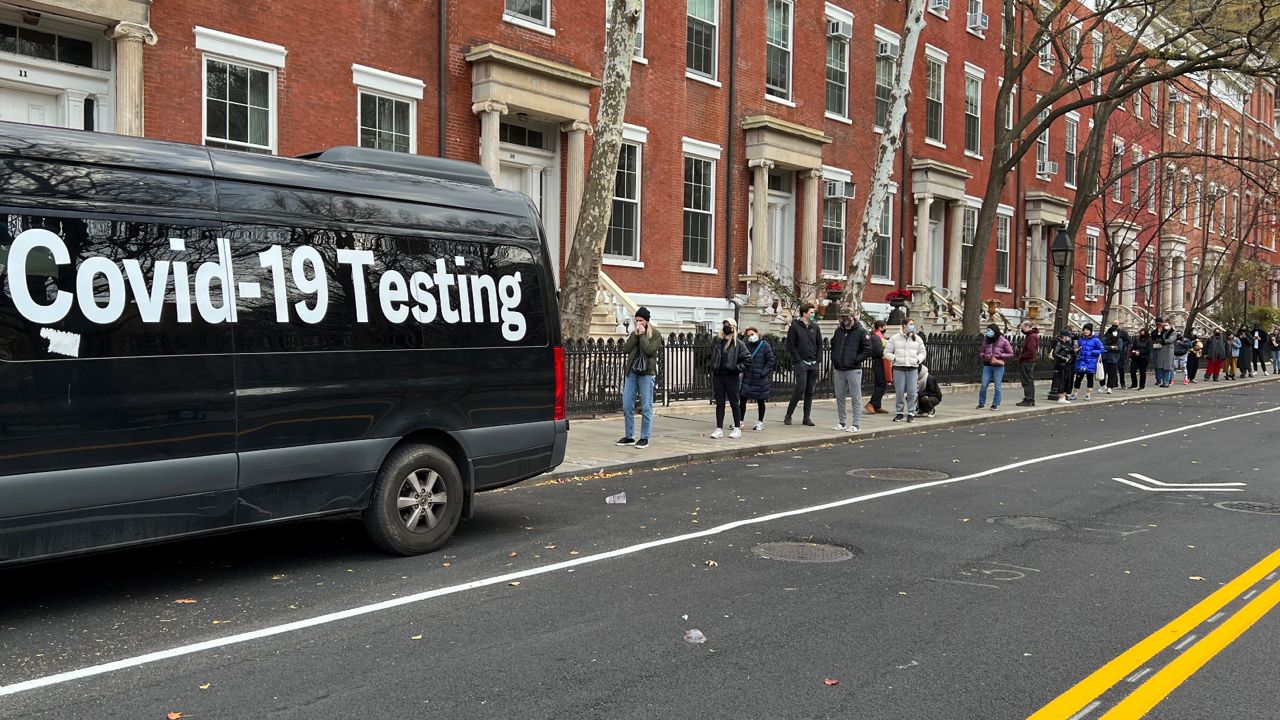The city’s health department has spent "the vast majority" of its more than $140 million media budget to raise awareness about the COVID-19 vaccines, a top agency official said at a budget hearing Wednesday.
The spending revelation comes as the city’s vaccination effort has slowed dramatically — 52% of city residents have not had a first dose. Mayor Bill de Blasio pledged in January to have 5 million New Yorkers fully vaccinated by June.
In an emailed statement, however, Michael Lanza, a spokesperson for the agency, said the number provided at the hearing was "an approximate," and that it has spent more than $120 million on all COVID-19-related media during the pandemic.
"$60M has been budgeted through August for media related to COVID-19 vaccinations, which is inclusive of digital, TV, radio, newspaper, and other paid media," Lanza said. A "large portion" of the spending comes from grants from the Federal Emergency Management Agency, he added.
The agency’s media budget dwarfs another advertising budget that de Blasio announced with some fanfare at a news conference last month: $30 million to encourage tourists to return to New York City.
De Blasio called the spending the most expensive tourism marketing effort in city history.
The media budget of the city’s Department of Health and Mental Hygiene came under questioning from Council Member Helen Rosenthal, who questioned its content and reach. The hearing was part of the council’s budget-setting process, which runs into the end of June.
The ads, which are ubiquitous on television, primarily feature the city health commissioner, Dr. Dave Chokshi, talking about how the vaccines are “safe and effective,” and encouraging New Yorkers to get the vaccine so they can resume visits with family and pre-pandemic daily routines.
The campaign also includes advertisements in “dozens” of languages and other kinds of media, said Sami Jarrah, the agency’s chief financial officer.
“This is by far, dramatically, the biggest media campaign we’ve ever done,” Jarrah said. “The vast majority of the funding has been spent in the last three to four months on the vaccination campaign.”
Jarrah and Chokshi said at the hearing they did not know how much of the money was left, or what their expected media budget was for the 2022 fiscal year, which begins on July 1. The health department did not respond to an emailed question about its advertisng for the next fiscal year.
Lanza said the health department is targeting its media spending in the 33 neighborhoods identified by the city as being the hardest hit by the pandemic.
“My question is, how much more money do you need to flood the airwaves?” Rosenthal said at the hearing. “I would like a full detail of how you're getting this messaging out, what your total budget is, and I'd love to double it.”
In an interview, Rosenthal said she was concerned that the health department team did not have a plan ready for its advertising to share with the council. She suggested that they should have initiatives for reaching children directly, such as through comics that explain the vaccine.
“You have to speak to each audience,” she said. “This should be their skill set. That’s what I wanted to hear.”




